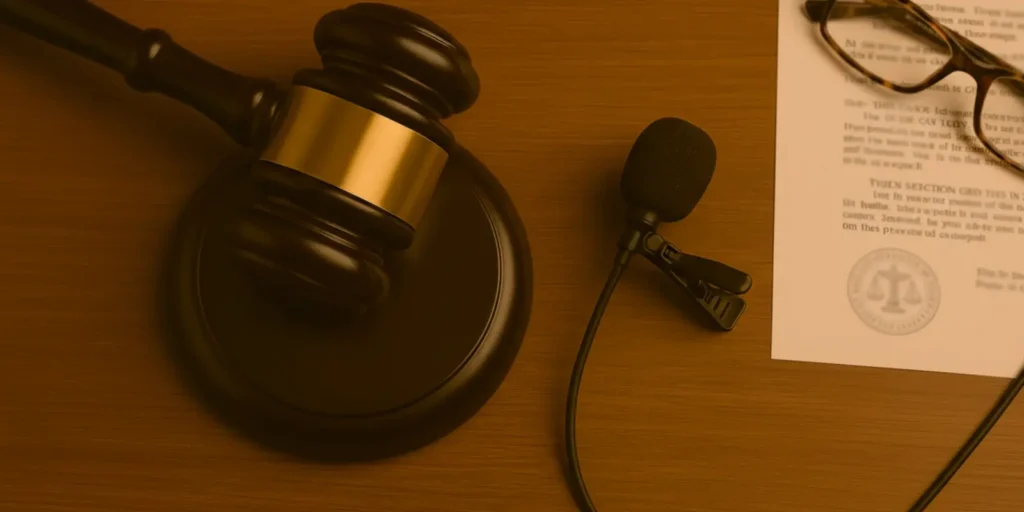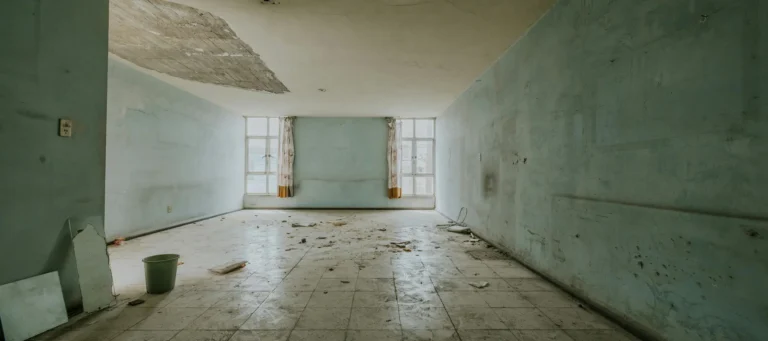Recording a conversation without consent sounds like something out of a spy movie, but in real life… is it actually legal in Spain? The short answer is: yes, but only in certain cases.
At Legal Allies, we explain when you’re allowed to legally record a conversation without the other person’s knowledge, when it could be a criminal offense, and what to do if someone recorded you without your permission.
What Does Spanish Law Say About Recording Conversations Without Consent?
Spanish law does not prohibit recording a private conversation as long as you are part of it. In other words: you can record what you are saying and hearing without asking the other person for permission.
This is based on the right to use your own means to protect your legitimate interests (for example, to present as evidence in court).
When Is It Legal to Record a Conversation Without Consent?
You may legally record if:
- You are an active participant in the conversation.
- The recording does not violate the fundamental rights of others (such as a third party’s privacy or reputation).
- Your use of the recording is legitimate and proportionate (for example, as evidence in cases of threats, harassment, or breaches of agreement).
Legal Allies Tip: You can record your landlord if they threaten to evict you without cause, or your boss if they make discriminatory comments.
When Is It Illegal to Record a Conversation?
It becomes illegal when:
- You are not part of the conversation (e.g., secretly recording others).
- The recording is made covertly (e.g., hidden microphones or wiretapping).
- The recording is shared or published without permission, especially if it compromises someone’s privacy.
This could amount to a criminal offense under Article 197 of the Spanish Criminal Code – and it’s no small matter: it can lead to prison sentences of up to 5 years.
Can a Recording Made Without Consent Be Used as Evidence in Court?
Yes, if you are part of the conversation and the recording has not been altered. Many Spanish court rulings have accepted this type of evidence, especially in cases involving:
- Workplace or school harassment.
- Custody or divorce disputes.
- Threats or coercion.
But if the recording was obtained illegally (e.g., by tapping someone’s phone), not only is it inadmissible in court – it could also land you in legal trouble.
What if Someone Recorded Me Without Permission?
You have the right to take legal action if:
- You were recorded without being part of the conversation.
- The recording was shared without your consent.
- You were recorded in your home or a private setting without authorization.
In these cases, you may initiate legal action for:
- Violation of your right to privacy.
- Claims for damages.
- Criminal charges for breach of privacy laws.
How Can Legal Allies Help You?
If you’re thinking about recording a conversation or suspect someone has recorded you illegally, Legal Allies helps you act with confidence:
- We advise you on whether a recording is legal in your specific case.
- We assess whether you can use the recording as evidence in court.
- We help you file complaints or defend yourself if accused of illegal recording.
Recording a conversation without consent can be legal in Spain – but only if you’re part of it. If you do it from the outside or with bad intentions, you could be in serious trouble.
Got questions? At Legal Allies, we help you record what’s legal… and erase what’s not.




